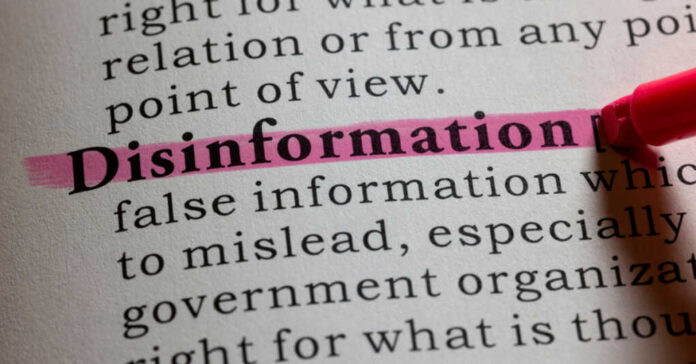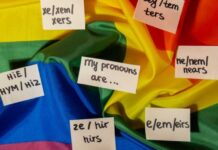
Democrats dare to accuse former President Donald Trump of “election denial” following the 2020 election, which was rife with irregularities and voter fraud, yet spent years following the 2016 election attempting to discredit Trump’s victory.
After the 2016 presidential election, falsely manufactured concerns about foreign disinformation impacting the election’s integrity led to the creation of think tanks, experts, and government initiatives. These efforts initially aimed to address foreign influence and misinformation but eventually expanded to include domestic American speech, as highlighted by the House Committee on the Judiciary and the Select Subcommittee on the Weaponization of the Federal Government.
How complicit was the government in creating these “disinformation” campaigns? Newly revealed information exposes exactly how concerned Democrat-leaning agencies were that Trump may win reelection in 2020.
Recently uncovered emails indicated that officials within the Department of Homeland Security (DHS) established a “disinformation” group affiliated with Stanford University called the Election Integrity Partnership (EIP) in July 2020. The communications obtained by the House Judiciary Committee reveal that EIP collaborated with DHS’ Cybersecurity and Infrastructure Security Agency (CISA) to identify, suppress, and remove online content before the 2020 election in cooperation with major tech companies. The Atlantic Council’s Digital Forensic Research Lab, one of EIP’s founding partners, acknowledged CISA’s role in this censorship effort in a July 31, 2020, email.
According to the staff report, the federal government and universities pressured social media companies to censor not only true information but also jokes and political opinions. The report reveals that political pressure influenced social media companies in a way that favored one side of the political spectrum. Accurate information posted by Republicans and conservatives was often labeled as “misinformation,” while false information posted by Democrats and liberals went unreported and untouched.
The federal government’s efforts, primarily managed by CISA’s Countering Foreign Influence Task Force, were focused on censoring Americans engaging in core political speech in the lead-up to the 2020 election. Although the Department of Homeland Security acknowledged it couldn’t openly endorse a centralized information flagging portal, this paved the way for Stanford’s EIP to assume the effort.
Former CISA Director Brian Scully, a key figure in the controversy, provided testimony during the significant legal case known as Missouri v. Biden. The staff report highlights emails in which Scully informed officials that he had reported parody accounts to Twitter and advised Facebook to remove a post related to the election due to misinformation “concerns.”
These exchanges reveal that CISA was aware of the potential legal issues surrounding its involvement in this effort. They added disclaimers to many emails furnished to the committee, clarifying that their requests were “voluntary” and the agency did not have the authority to remove content from social media platforms.
However, the emails also suggested that the information might be shared with law enforcement or intelligence agencies, implying potential action if the posts were not taken down.
The Judiciary staff report further reveals that Stanford students worked simultaneously for CISA and EIP. Additionally, at least four of these students were employed by CISA during EIP’s operation, using their government email accounts to communicate with CISA officials and other external stakeholders associated with EIP.
Yet, even as evidence shows various governmental agencies’ role in censorship, CISA’s executive director, Brandon Wales, again stated that the agency has never engaged in censorship or facilitated it. He emphasized that CISA’s mission is to reduce risks to critical U.S. infrastructure while safeguarding freedom of speech, civil rights, civil liberties, and privacy. Wales also mentioned that CISA addresses concerns from election officials across party lines about foreign influence and disinformation by sharing information on election literacy and security and promoting the voices of trusted election officials.
But the committee report revealed that conservative politicians, commentators, and organizations like the Babylon Bee, Senator Thom Tillis (R-NC), Sean Hannity, and former President Trump were targeted. In contrast, liberal news commentators and politicians were free to post misinformation unchallenged.
These findings underscore the terror that Democrats feel regarding a fair match between Trump and their clueless leader. Without censorship, election fraud, and never-ending manufactured charges against the GOP frontrunner, Democrats are left with the terrifying prospect of a Biden campaign focusing on his merits.
And that’s a losing proposition, not only for Democrats but for America, too.







